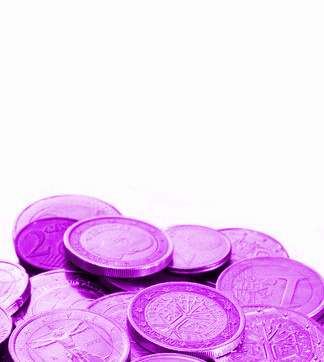EU dips into recession
 The Eurozone economy has technically entered recession, driven by its energy crisis and inflation.
The Eurozone economy has technically entered recession, driven by its energy crisis and inflation.
Revised figures released by the European Union's statistics agency, Eurostat, on Thursday (Friday AEST) reveal a slight contraction in the European economy at the end of last year and the beginning of 2023.
The decline, amounting to 0.1 per cent in both the final three months of 2022 and the first three months of this year, highlights the impact of the loss of Russian natural gas and high inflation on consumer spending.
As a result, the Eurozone has now entered a recession, experiencing two consecutive quarters of decline.
While unemployment remains at its lowest level since the inception of the euro in 1999, the repercussions of the economic downturn are felt by households facing rising grocery prices, higher mortgage interest rates, and stagnant wages in the face of a rising cost of living.
Analysts predict further economic contraction as inflation and high interest rates force consumers to cut back on spending.
However, the Organisation for Economic Co-operation and Development (OECD) expects a meagre growth rate of 0.9 per cent in the euro area for this year.
Bert Colijn, senior Eurozone economist for ING bank, believes that the small decline does not indicate a recessionary environment, given the minimal impact and the robust job market.
Despite this, the European Central Bank (ECB) is taking measures to combat inflation, including raising interest rates, which may further dampen economic growth.
The ECB is expected to continue its rate increases at its upcoming meeting on June 15.
The economic contraction coincides with an energy crisis in Europe, triggered by Russia's cutoff of natural gas supplies due to its support for Ukraine.
The resulting increase in energy bills, record-high inflation, and concerns about rationing and blackouts have further strained the economy. While energy prices have since fallen, persistent inflation and higher interest rates continue to impede economic growth.
ECB President Christine Lagarde says strong efforts should be made to reduce inflation, as it burdens ordinary people. The recent contraction of Germany's economy in the first quarter of this year also adds to the region's economic challenges.
Eurostat's previous estimates indicated no expansion in the Eurozone in the fourth quarter of 2022 and minimal growth of 0.1 per cent in the first quarter of this year.








 Print
Print